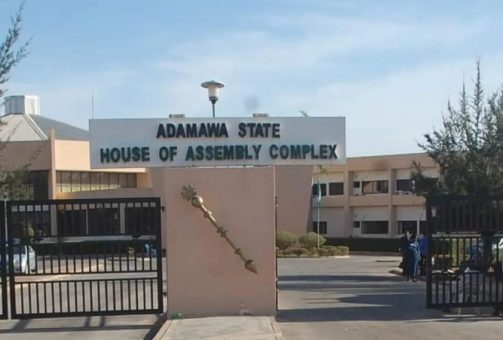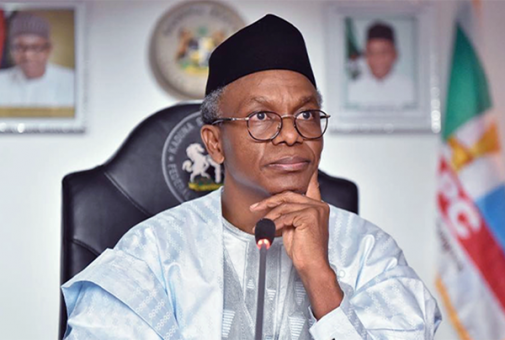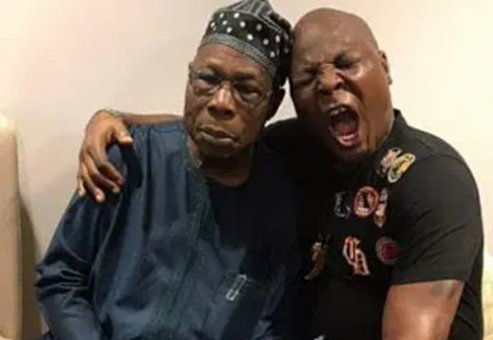
Reports indicate that a $6 billion debt owed by the Nigerian National Petroleum Corporation Limited (NNPCL) to petrol suppliers has exacerbated the ongoing petrol scarcity in Nigeria, a persistent issue since early 2024.
Previously, the NNPCL attributed the fuel supply shortages to various factors, including logistical challenges and flooding. However, in a recent statement, NNPCL spokesperson Olufemi Soneye revealed that the substantial financial strain from the debt has significantly impacted the company’s operations and threatens the stability of fuel supply in the country.
Soneye emphasized that despite these challenges, the NNPCL remains committed to its role as the “supplier of last resort,” as mandated by the Petroleum Industry Act (PIA), to ensure national energy security.
“We are working closely with government agencies and key stakeholders to ensure a steady supply of petroleum products across the country,” stated NNPCL spokesperson Olufemi Soneye.
Nigeria, Africa’s most populous country, grapples with significant energy issues, as all its state-owned refineries are currently non-operational. The nation heavily depends on imported refined petroleum products, with the state-run NNPC being the primary importer. Fuel shortages are widespread, and petrol prices have surged from approximately ₦200 per litre to around ₦800 per litre since the removal of subsidies in May 2023. This increase has worsened the hardships for citizens who rely on petrol for their vehicles and generators, due to persistent electricity supply problems.
The Nigerian government has simultaneously unified foreign exchange windows, causing the naira’s value to plummet dramatically from around $1/₦700 to over $1/₦1600 on the parallel market. This devaluation has led to skyrocketing prices for food and essential commodities, exacerbating inflation and increasing the cost of living for Nigerians.
Recently, the Independent Petroleum Marketers Association of Nigeria (IPMAN) highlighted that the high landing cost of petrol is preventing private marketers from importing the commodity. IPMAN National Operations Controller Zarama Mustapha reported that the current landing cost of petrol exceeds ₦1,200 per litre, excluding additional costs such as marketing margins, transportation, and logistics.
Mustapha noted, “NNPC sells to marketers at approximately ₦565 per litre, which means there is a subsidy of nearly ₦600 to ₦700 per litre.”
“Regardless of official statements about subsidies, the reality on the ground clearly indicates that there is an under-recovery situation,” said Zarama Mustapha of IPMAN.
Last December, Aliko Dangote, Africa’s leading industrialist, launched operations at his $20 billion refinery in Lagos, which processes 350,000 barrels per day. Despite facing regulatory challenges, the refinery aims to reach its full capacity of 650,000 barrels per day by year-end. The facility has started supplying diesel and aviation fuel to local marketers, with petrol distribution expected to begin shortly.





